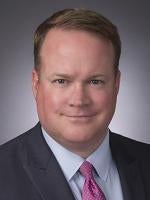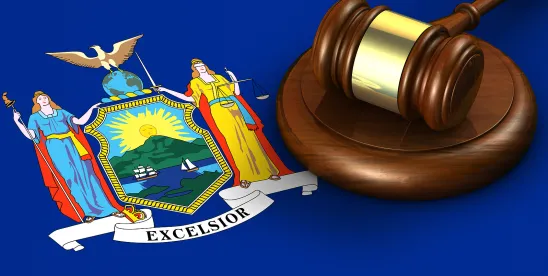The New York State Legislature passed a bill usurping the power of the National Labor Relations Board (“NLRB” or “Board”) to regulate labor disputes in the private sector while the Board lacks a quorum. On September 5, 2025, Governor Kathy Hochul signed the bill into law, which became effective immediately. Unsurprisingly, shortly thereafter, NLRB Acting General Counsel William Cowen announced that the NLRB is preparing to file a lawsuit challenging the new law, which he called an attack on the “core jurisdiction” of the NLRB.
The New York law authorizes the New York Public Employment Relations Board (“PERB”) to handle labor disputes between private employers and employees while the NLRB operates without a quorum – which it has lacked for months.
Though the NLRB lacks a quorum, the President recently nominated Scott Mayer, chief labor counsel at Boeing Co., and James Murphy, a former NLRB attorney, to fill two open seats on the Board, which would give the Board a quorum. Once the Senate confirms the nominees, the quorum will be restored, and the New York law will go dormant until the NLRB next lacks a quorum.
Still, the law rocks the foundation of government oversight of labor relations. In particular, it tests the scope of the Supreme Court’s 1959 decision in San Diego Building Trades Council v. Garmon, which held the National Labor Relations Act (“NLRA”) to preempt state regulation of private-sector labor relations. Now that the NLRB announced its intent to challenge the law, the stage is set for a showdown between the state and federal governments over the scope of the Supreme Court’s Garmon opinion – specifically, whether the NLRA only preempts state law if there is a functional NLRB.
Unless and until a federal court enjoins the law, however, or the Senate confirms the President’s nominees to the NLRB, PERB will likely exercise its authority under the law to adjudicate unfair labor practice charges and conduct union elections in the private sector.






 />i
/>i

